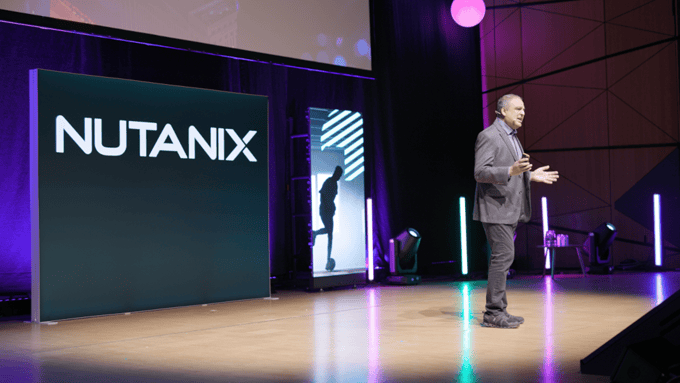Boom brings reinforcements on board
Boom Creative Studio brings fresh talent to the team. Ruwanie Hayoz and Vera Hartmann join the crew and bring innovative ideas and new perspectives.

After more than two years on the market, Boom Creative Studio has established itself as a creative force. Previous successes include campaigns for brands such as Migros, Yallo, Ovo and Qoqa. "From the very beginning, our creatives have created the feeling of a Boom family with their vision and commitment," emphasizes founder Annina Zimmermann.
The team has now been joined by Vera Hartmann and Ruwanie Hayoz. Vera Hartmann has 20 years of experience as a photographer and has been supporting the studio as a production assistant since spring. "I'm looking forward to supporting up-and-coming creative talent in a dynamic environment," says Hartmann about her new role.
After four and a half years as an agency producer at Wirz, Ruwanie Hayoz is moving to Boom on the production side in order to concentrate more on creative realization. Boom Creative Studio convinced me because it perfectly captures the spirit of the times. I'm looking forward to the new challenge and to expanding my knowledge here," explains Hayoz.
With the addition to the team, Zimmermann is looking forward to the future: "The rapid developments in the field of artificial intelligence challenge us to think creatively and set new standards. With unconventional approaches, we want to actively shape the possibilities of these technologies together with our creatives. Our goal is to work with our customers and partners to create a future that thrives on innovation and inspiration."


















